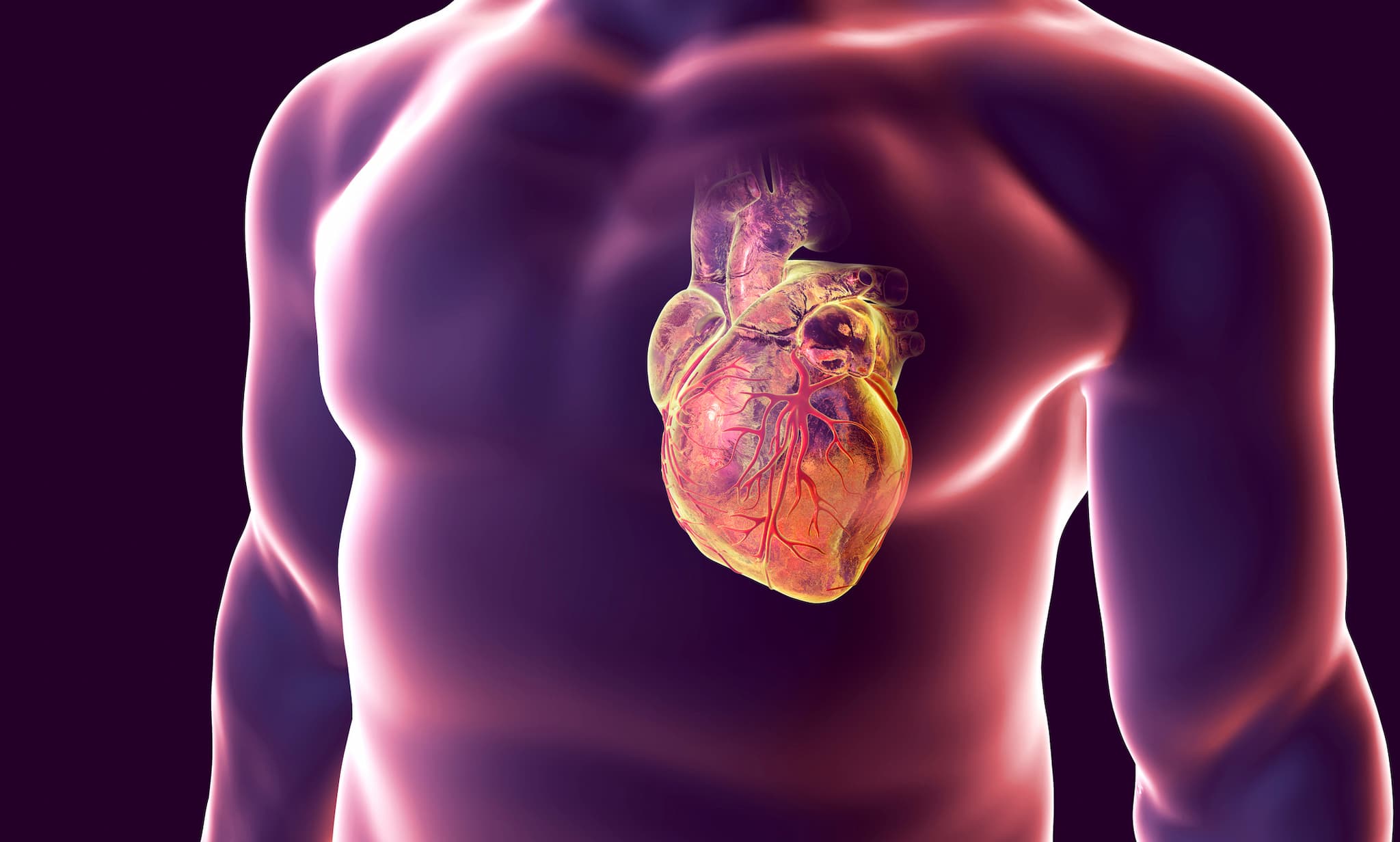Improved Diagnosis
Artificial intelligence (AI) has already proven useful in the healthcare industry, and now, two newly developed AI diagnostics systems could change how doctors diagnose heart disease and lung cancer.
Cardiologists are very good at their jobs, but they're not infallible. To determine whether or not something's wrong with a patient's heart, a cardiologist will assess the timing of their heartbeat in scans. According to a report by BBC News, 80 percent of the time, their diagnosis of various heart problems is correct, but it's the remaining 20 percent that shows the process has room for improvement.
To that end, a team of researchers from the John Radcliffe Hospital in Oxford, England, developed Ultromics, an AI diagnostics system that is more accurate than doctors at diagnosing heart disease.
Ultromics was trained using the heart scans of 1,000 patients treated by the company's chief medical officer, Paul Leeson, as well as information about whether or not those patients went on to suffer heart problems. The system has been tested in multiple clinical trials, and Leeson told BBC News it has greatly outperformed human cardiologists. The specific results of the Ultromics trials are expected to be published in a journal later this year.
Meanwhile, startup Optellum is working to commercialize an AI system that diagnoses lung cancer by analyzing clumps of cells found in scans. That system has also been tested in various trials, and the company's chief science and technology officer, Timor Kadir, told BBC News that the results suggest it could diagnose as many as 4,000 lung cancer patients per year earlier than doctors can.
Saving Lives and Money
Not only could these AI diagnostics systems save lives by providing earlier diagnosis of heart problems and lung cancer, they could also save money that could then be put toward anything from hiring more doctors, nurses, and hospital staff to new equipment.
Kadir told BBC News that Optellum could cut costs by £10bn ($13.5 billion) if both the United States and Europe decided to utilize it. Meanwhile, U.K. healthcare tsar Sir John Bell told BBC News that AI could have a huge positive impact on the National Health Service's (NHS) bottom line.
"There is about £2.2bn ($2.97 billion) spent on pathology services in the NHS," said Bell. "You may be able to reduce that by 50 percent. AI may be the thing that saves the NHS."
Based on the abilities of today's systems to not only best their human counterparts but also save institutions money, some are concerned that AI could replace doctors altogether. However, given the wide range of tasks a doctor must be capable of handling, it's more likely that AIs will play a supporting role in the healthcare industry, at least in the near future, serving as a powerful tool that will help human workers do their jobs more efficiently and effectively.
Share This Article
